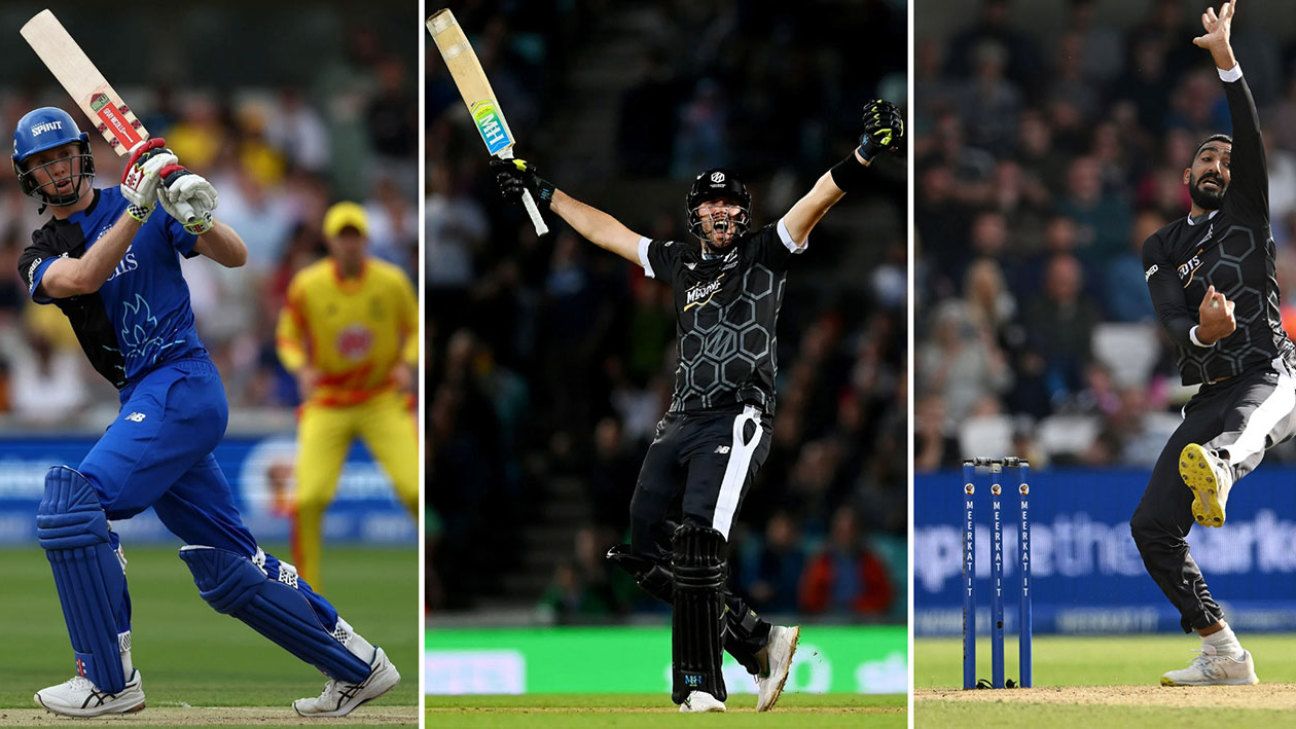The second edition of the BBL draft provided some interesting tactics and themes on Sunday night and teams appeared to have a better handle on the draft mechanics and their own strategies after the novelty and unknowns of last year’s inaugural draft. Here are six of the key takeaways.
Availability wasn’t a major worry
All the talk coming into the draft was that BBL clubs would prioritise the availability of overseas players above all else to the point where several clubs hinted they would only take ILT20 players who could play all 10 home and away games, instead of players signed up for the SA20 that starts earlier in January, or players who were likely to have international duty during the BBL. That situation did not eventuate.
Three clubs only take two overseas
The WBBL draft was plagued by passes in the third and fourth rounds as seven of the eight clubs only took two overseas players due to the bespoke direct nomination rule. There was a similar spate of passes in the BBL draft despite no such rule being in play. But clubs were allowed to take only two overseas and then sign a third at a later stage, provided the player had nominated for the draft. Melbourne Renegades, Perth Scorchers and Sydney Thunder all took this option. The major reason for only taking two players is flexibility.
One of the negatives of the draft from a club perspective is that they are locked into signing a player in September when so much can change in terms of injuries and availability between now and the start of the tournament in December. The negative from the BBL’s perspective is the later rounds of the draft can fall flat when there are more passes than expected. It may be something the BBL needs to look at next year.
Loyalty remains valued despite retention being tested
Eight players – Vince, Munro, Billings, Rauf, Adam Hose, Mujeeb Ur Rahman, Alex Hales, and Laurie Evans – returned to their previous club without a retention pick needed. Only two were used to retain Rashid and Curran, and only four players – Hain, Jordan, Brook and Crawley – were selected by a new club. Despite the BBL wanting more player movement, loyalty, familiarity, and culture remain strong forces among the BBL clubs in selecting overseas players.
Hundred is the BBL’s major overseas recruiting farm
Pakistan gems still sought-after commodities
American Anderson not a forgotten man
